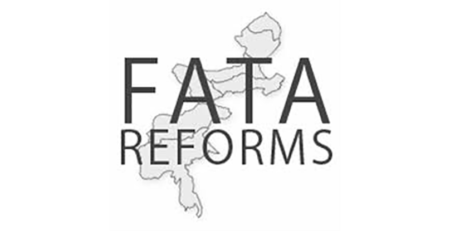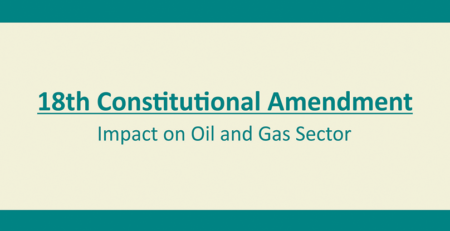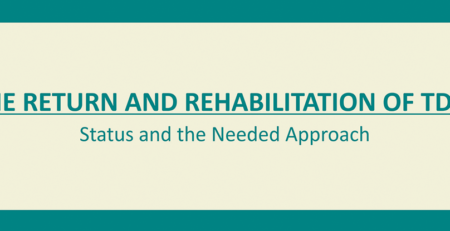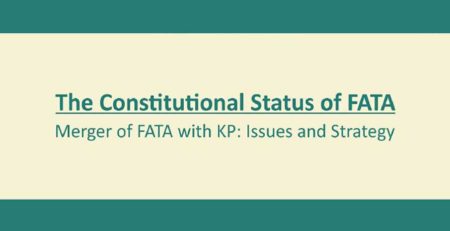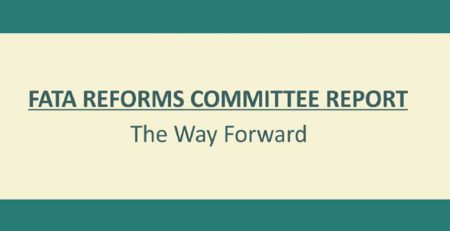Should Pakistan Abolish or Retain Capital Punishment?
Ideological Faultnes
A bird’s-eye view of the list of abolitionist and retentionist countries shows a clear ideological divide. This division is geographical too; the reluctance of most Asian and African countries to endorse abolition substantiates the impression that the movement is primarily Western. The religious divide is, however, more obvious. Countries where the majority of the population is Muslim have, by and large, resisted attempts at a universal ban on capital punishment. A few have, however, joined the abolitionist group. Tajikistan, Morocco, Brunei, Algeria and Maldives are among the countries which, while not abolishing the death penalty, have abandoned its practice. Tunisia joined this group but, as mentioned earlier, reinstated the practice after right years. In other Muslim countries too, abolition is being resisted severely. In May 2003, the Moroccan parliament passed a new anti-terrorist law, which made ordinary crimes eligible for the death penalty if they are considered terrorist crimes. By August 2005, over 2,000 people had been accused of crimes related to terrorism, and 17 were sentenced to death.[46] Kazakhstan and Kyrgyzstan retain the death penalty, though they have limited its application to exceptional circumstances, like mutiny and military law.[47] In Brunei, the death penalty is mandatory for murder, unlawful possession of firearms and explosives, and drug trafficking although no execution has taken place since 1992.[48] On December 18, 2008 Brunei, Darussalam and Maldives voted against the Resolution on a Moratorium on the Use of the Death Penalty at the UN General Assembly.[49] Algeria, too, has not executed a death sentence since 1993 but the new criminal code introduced by the government in 2006 retains capital punishment. The country is being offered political incentives by the EU for abolition.[50] Even though the right of expression and political and social freedom is not available to the people in most of these societies, discontent and disapproval towards the official position is often expressed.[51]
Turkey is the only country with a Muslim majority to abolish the death penalty. It should however be mentioned that Turkey is constitutionally a secular state and the abolition was also motivated by the country’s keen desire to acquire EU membership.
[46] Jennifer Arnold, “Islamic Society, Human Rights, and Death Penalty: Capital Punishment in Morocco,” Free Press Release, November 26, 2007, http://www.free-press-release.com/news/200711/1196083537.html (accessed April 29, 2009).
[47] Amnesty International, “Death Penalty: Countries Abolitionist for Ordinary Crimes Only.”
[48] FCO, “Brunei Darussalam.”
[49] Nessuno Tocchi Caino, “Brunei Darussalam.”
[50] Nessuno Tocchi Caino, “Algeria.”
[51] See, for example, Judith Evans, “Religious Scholars Mount Bid Against Gayoom Candidacy,” Minivan News (Malé), September 25, 2008, http://www.minivannews.com/news_detail.php?id=5037 and Said Jameh, “Debate rages in Algeria over proposed death penalty ban,” Magharebia (Algeirs), January 29, 2009,http://www.magharebia.com/cocoon/awi/xhtml1/en_GB/features/awi/
features/2009/01/29/feature-01 (accessed April 30, 2009).




